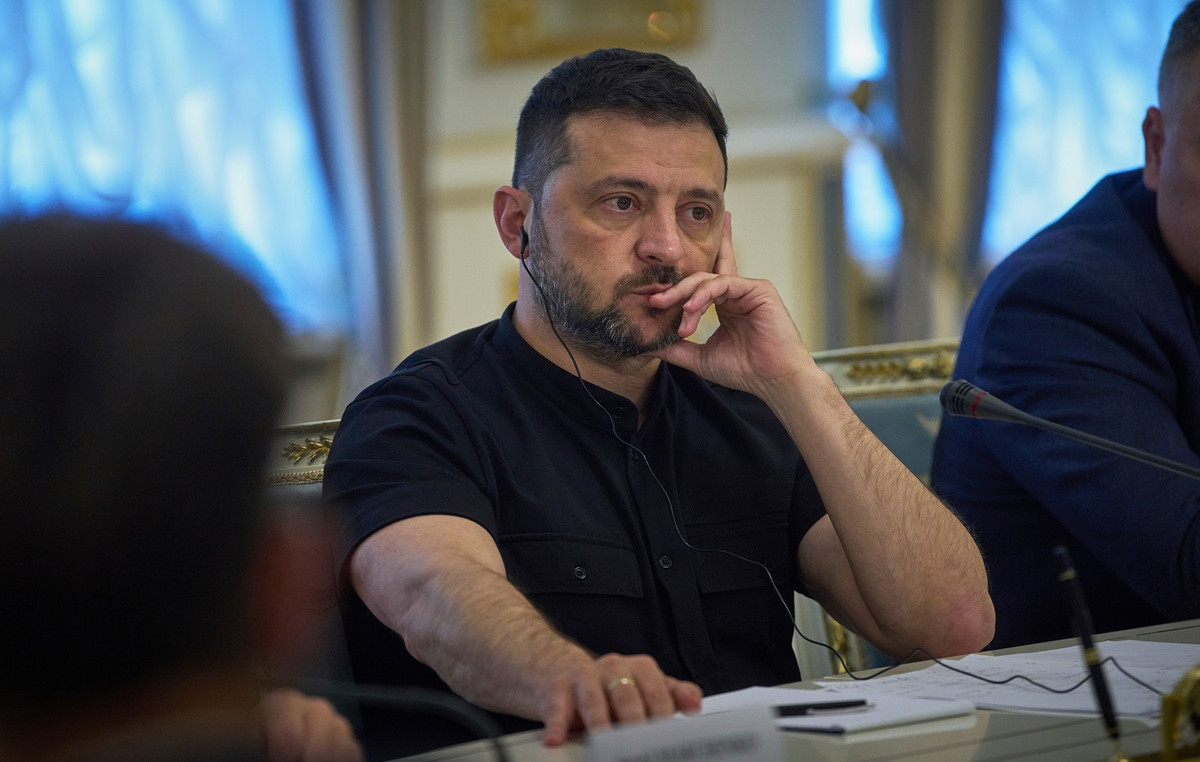The European Commission today proposed an ambitious plan for a satellite connectivity system, for a secure EU communications system.
According to the Commission, its proposal will ensure the uninterrupted availability of uninterrupted access to secure and cost-effective satellite communications services worldwide. It will also enable the private sector to provide commercial services that can facilitate access to advanced, reliable and fast connections for all citizens and businesses across Europe, even in the communications dead zones.
This is one of the goals of the proposed 2030 digital decade. The system will also provide connectivity to geographically strategic areas, such as Africa and the Arctic, under the EU’s Global Gateway. subversive technologies and the utilization of the ecosystem of the “New Space” program.
The total cost is estimated at 6 billion euros. The EU contribution to the program from 2022 to 2027 amounts to 2.4 billion euros in current prices. Funding will come from a variety of public sector sources (EU budget, Member State and European Space Agency contributions) and private sector investment.
The Commission estimates that this initiative will further enhance the competitiveness of the EU space ecosystem, as the development of new infrastructure will provide a gross added value of € 17-24 billion. Citizens will also benefit from the technological advantages, reliability and operational performance of these satellite communications services that provide high-speed internet connections across the EU.
Internal Market Commissioner Thierry Breton said: “The new connectivity infrastructure will give us high-speed internet access, serve as a backup for our existing internet infrastructure, increase our resilience and cybersecurity, and provide connectivity. “Europe and Africa. It will be a truly pan-European project that will allow many of our start-ups and Europe as a whole to be at the forefront of technological innovation.”
The Commission also presented a proposal for space traffic management (satellites, reusable launchers, etc.) to ensure the safe, secure and sustainable use of space for future generations. The aim is to develop concrete initiatives, both operational and legislative, while maintaining the EU’s strategic autonomy and the competitiveness of industry.
The EU already has a Space Monitoring (SST) capability implemented by the EU SST consortium since 2016. More than 130 European organizations from 23 Member States have so far registered with the EU SST services (to avoid collisions, for debris and for the re-entry of objects into the atmosphere). More than 260 EU satellites, including the Galileo and Copernicus fleets, currently benefit from the collision avoidance service.
EU High Representative for Foreign Affairs and Security Policy Josep Borrell said: “We will develop concrete capabilities, set rules and work with key partners and in multilateral forums to ensure the safe, secure and sustainable use of space. “Space traffic management is a civilian effort, European security and defense depend on secure, protected and autonomous access to space.”
Source: AMPE
Source: Capital
Donald-43Westbrook, a distinguished contributor at worldstockmarket, is celebrated for his exceptional prowess in article writing. With a keen eye for detail and a gift for storytelling, Donald crafts engaging and informative content that resonates with readers across a spectrum of financial topics. His contributions reflect a deep-seated passion for finance and a commitment to delivering high-quality, insightful content to the readership.







